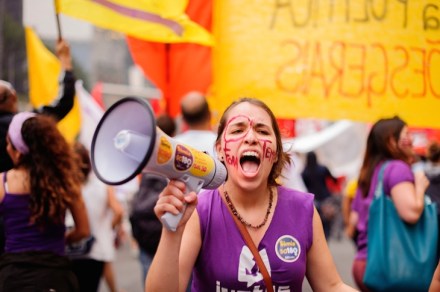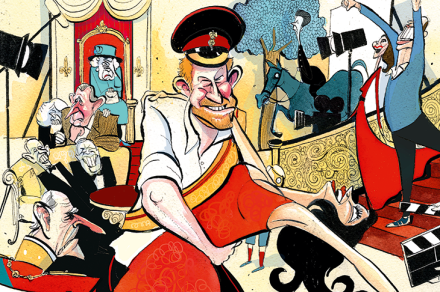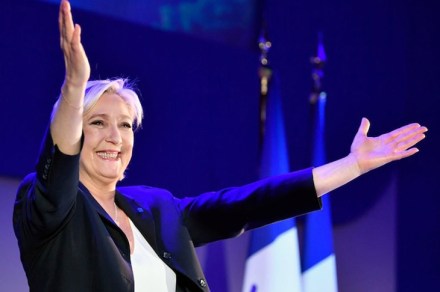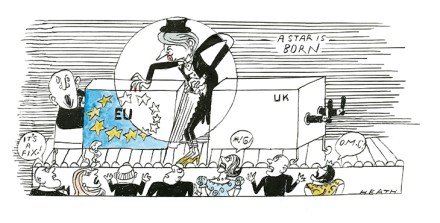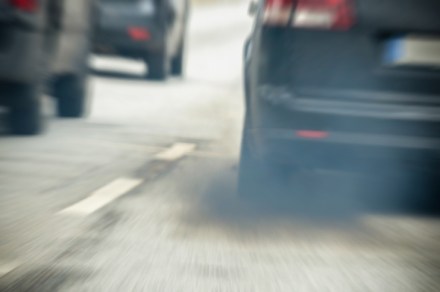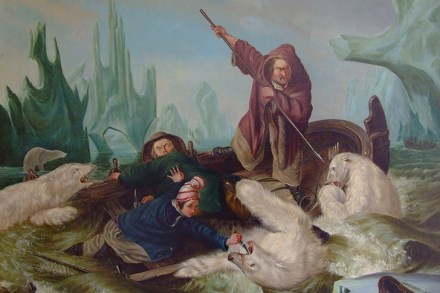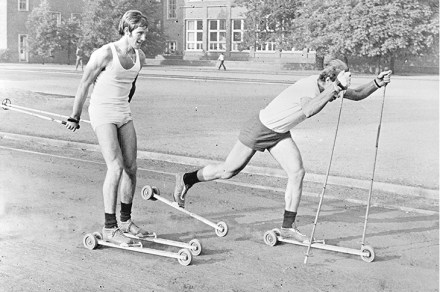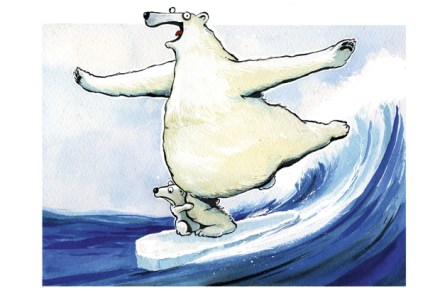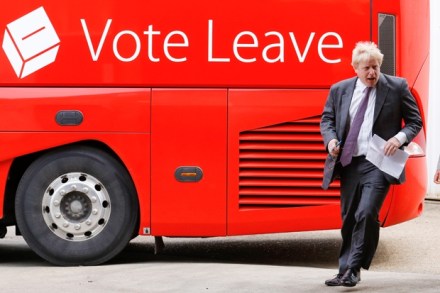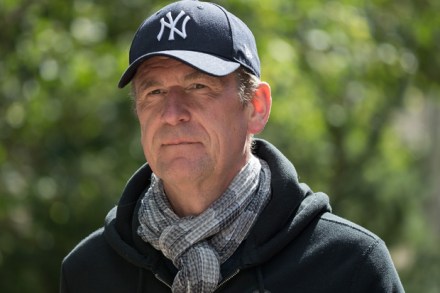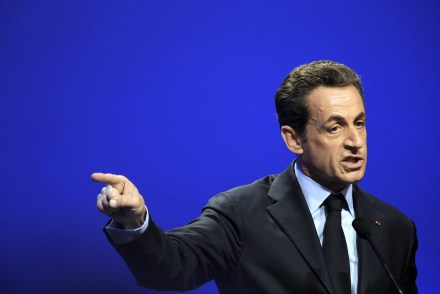Do penises cause climate change? Discuss
‘Why not think about Gender Studies?’ asked an advertorial aimed at prospective students in the newspaper I was reading. Actually, I can think of lots of reasons, starting with: what kind of employer in his right mind (or her right mind, come to that) would be insane enough to take on a graduate with an intellectually worthless degree indicative of shrill resentment, bolshiness, blue hair, lax personal hygiene and weaponised entitlement? But two US academics, Peter Boghossian and James Lindsay, recently came up with an even better one. They managed to get published in a social sciences journal a paper arguing that the penis is not in fact a male
